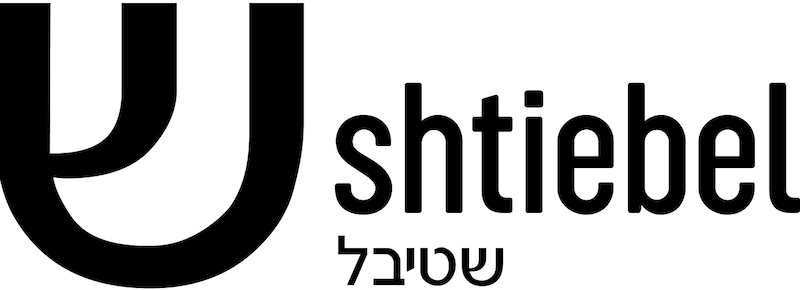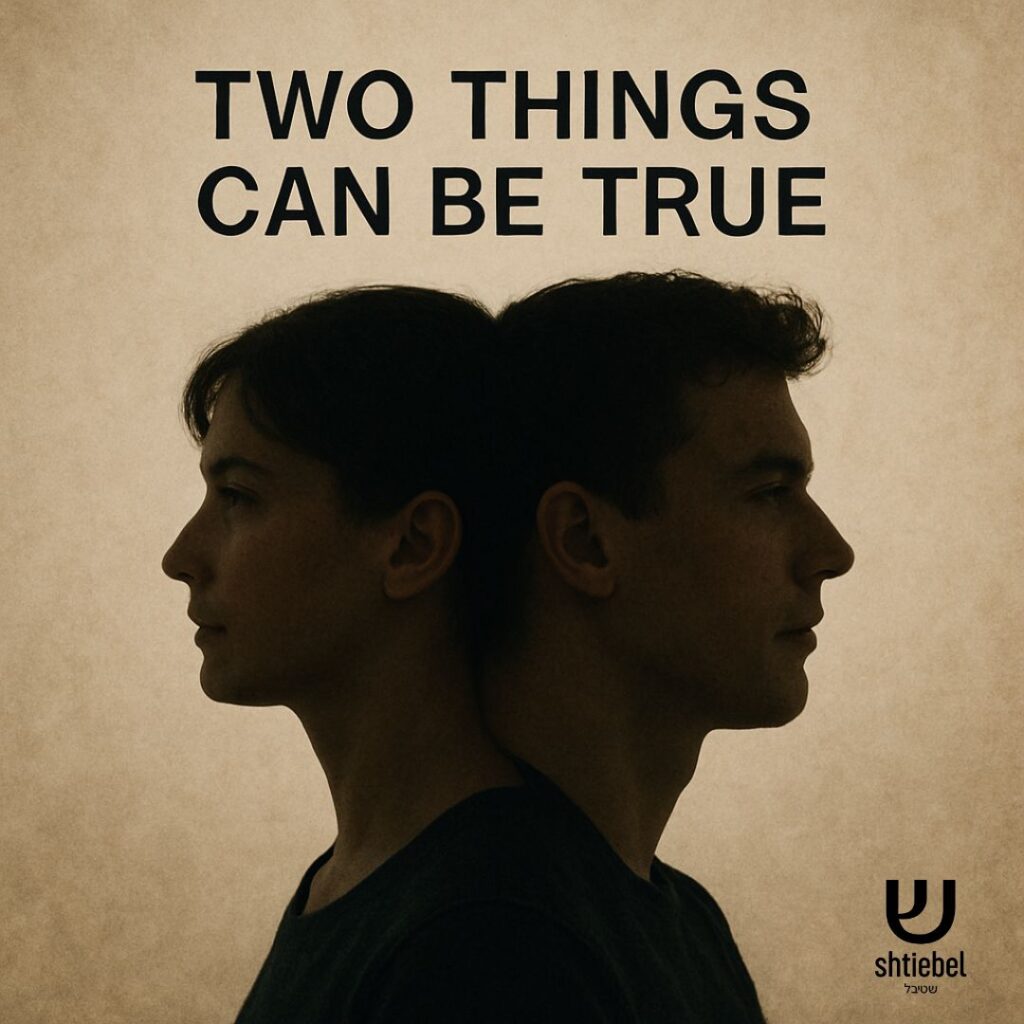Because two things can be true at once.
On one hand, the pain and suffering in Gaza is undeniable. People are starving. Food is scarce. Families are enduring unthinkable hardship. The humanitarian crisis is real, and it demands our attention and our compassion.
And on the other hand, Israel is at war with Hamas — a brutal, deeply embedded terrorist organisation responsible for the October 7th massacre and the continued holding of hostages. Israel has not only the right, but the obligation, to defend its citizens and to do everything in its power to bring those hostages home.
It is also true that certain decisions about restricting the flow of aid into Gaza have been made by Israel — sometimes for military reasons, and sometimes for politically expedient ones. And it is equally true that Hamas has manipulated this reality, taken control of food supplies, and weaponised its own population in ways that have made suffering worse — not out of necessity, but out of strategy.
These truths do not cancel each other out. They exist in tension, and it is precisely that tension we must learn to hold.
Can we mourn every innocent life lost — without turning on one another?
Can we sit with grief and outrage — and still make space for nuance and for one another?
We can be terrified by rising antisemitism.
We can be broken by what is happening in Gaza.
We can stand with Israel.
We can call for accountability.
None of these truths negate the others.
This is what it means to live with moral complexity.
This is what it means to be Jewish.
As we approach Tisha B’Av, we are asked not only to remember what was destroyed — but to reflect on why it was lost.
Our tradition teaches that the Second Temple fell not only to Roman violence, but to sinat chinam — senseless hatred between Jews. Division. Contempt. A refusal to hear one another.
We are not immune to that danger now.
So the task before us is not to solve everything.
It is to choose not to fall apart.
Not agreement.
Not certainty.
But listening.
Making space for the other voice.
Holding complexity without fear.
Staying in the discomfort — together.
Because this is the only way forward.
The only way we ensure that Israel is not only a state for Jews, but a Jewish state — grounded in values, compassion, and our sacred story.
Because two things can be true —
and more importantly, two things can be true at once.

